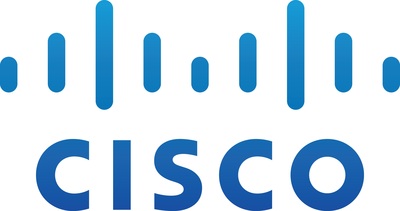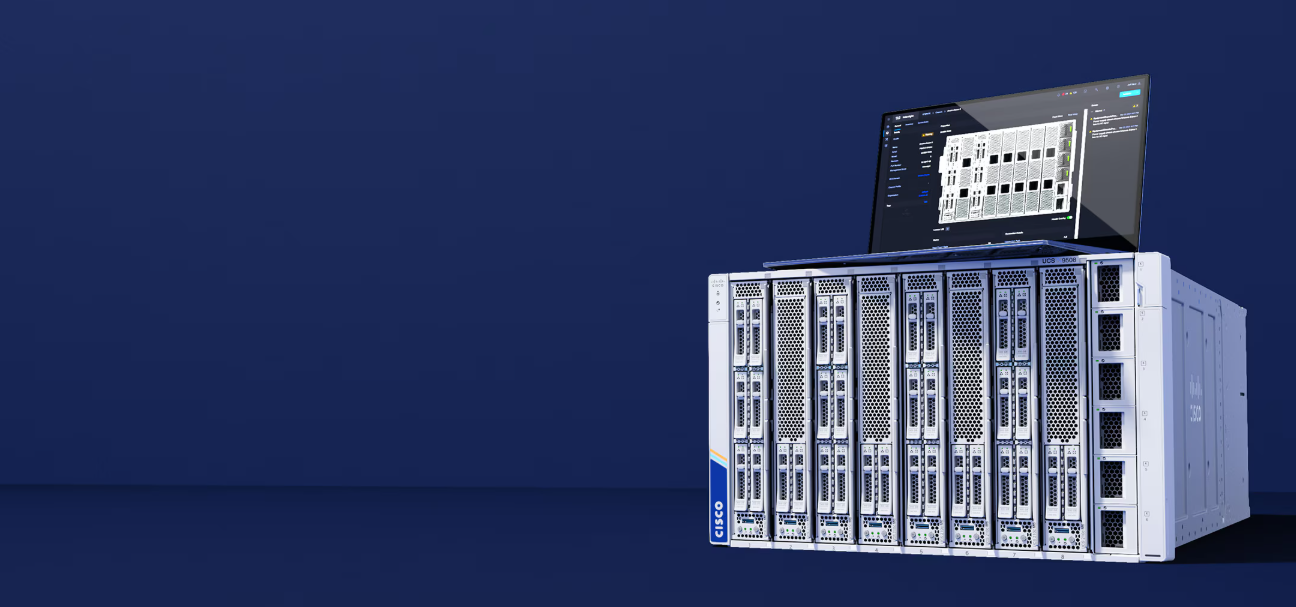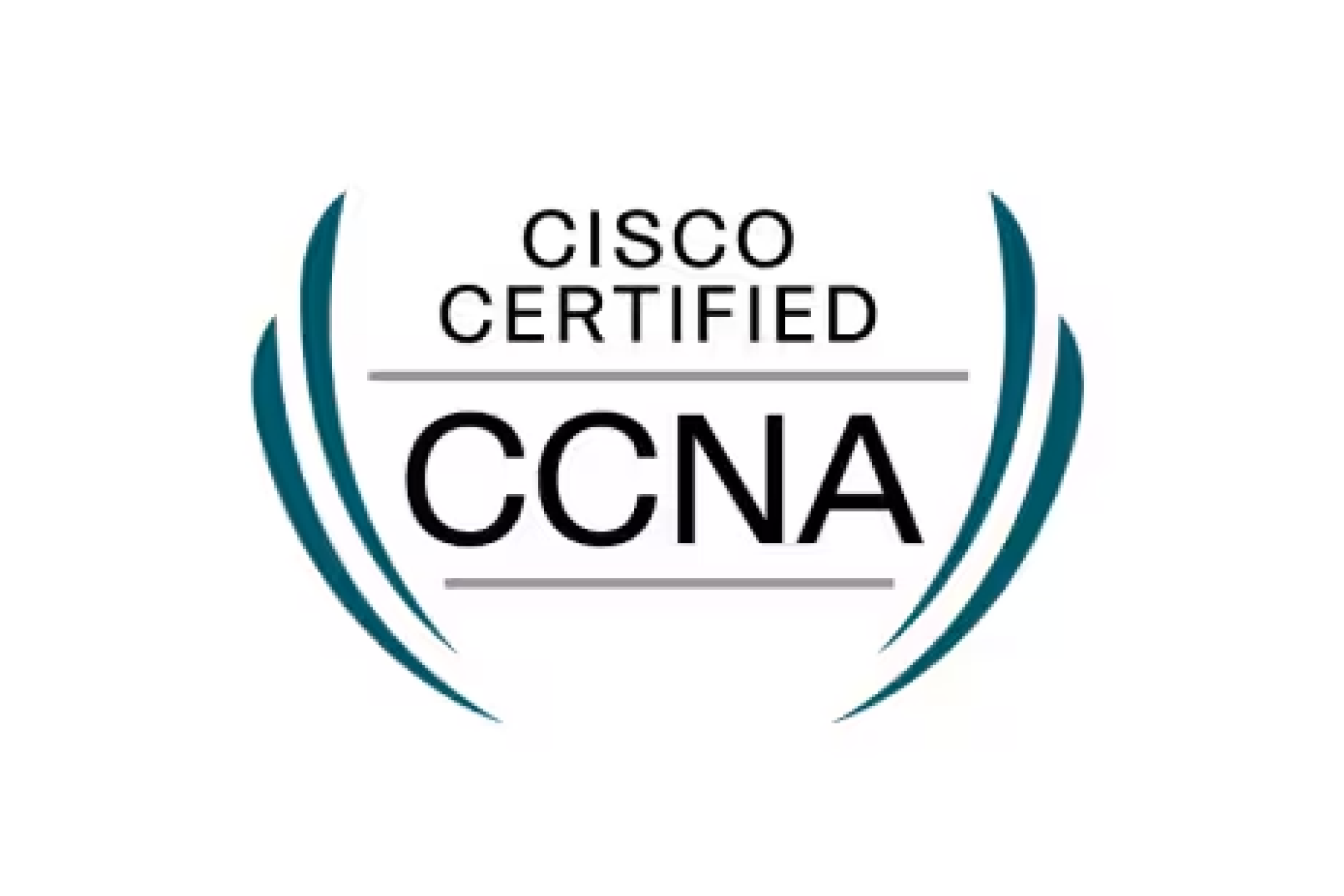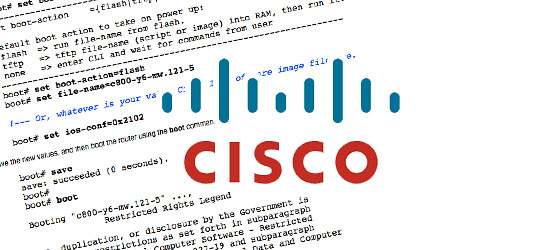The 2025 Guide to Cisco Certifications: An Essential Roadmap to IT Success
In the rapid world of technology, where digital infrastructure forms the backbone of most business operations, Cisco certifications stand out as beacons of expertise in network engineering and IT security. Whether you’re an IT professional looking to enhance your skills or a career changer aiming to break into the industry, understanding the landscape of Cisco certifications is crucial. This comprehensive guide breaks down everything you need to know about Cisco certifications, from the costs and benefits to the most recommended paths for your career growth.
What Is Cisco Certification?
Cisco certification is a validation of an individual’s skills in the field of networking and IT. Acquiring a Cisco certification demonstrates a thorough understanding of networking technologies, leading to a significant enhancement in job prospects and earning potential.
The Levels of Cisco Certification
Cisco certifications are divided into five levels, from the foundational to the expert tier. These levels indicate the complexity of the exam and the experience required to pass them.
At the base, the Entry level certification, such as Cisco Certified Technician (CCT) or Cisco Certified DevNet Associate, provides a starting point for your IT Certifications.
Associate certifications include the widely recognized CCNA (Cisco Certified Network Associate) and CCDA (Cisco Certified Design Associate). These certifications affirm the holder’s ability to operate and troubleshoot network infrastructures.
Professional certifications, like CCNP (Cisco Certified Network Professional) and CCDP (Cisco Certified Design Professional), indicate a deeper level of understanding needed to plan, operate, implement, and troubleshoot complex network solutions.
Expert levels, which include CCIE (Cisco Certified Internetwork Expert) and CCAr (Cisco Certified Architect), denote industry-leading networking skills in top experts.
Finally, the Architect designation assesses the highest Cisco certifications, currently represented only by the Cisco Certified Architect certification, which certifies the architectural expertise of candidates.
Cisco Certifications List
The comprehensive range of Cisco certifications is designed to cover various aspects of networking and cybersecurity. Here are some of the most notable certifications:
CCNA (Cisco Certified Network Associate): A popular entry-level certification for networking engineers that offers a solid foundation in network fundamentals.
CCNP (Cisco Certified Network Professional): One of the most advanced Cisco certifications, CCNP signifies the ability to manage professional level routing and switching networks.
CCIE (Cisco Certified Internetwork Expert): Considered one of the most prestigious networking certifications worldwide, CCIE certifies the expertise in networking across various networking platforms.
CCDE (Cisco Certified Design Expert): An advanced certification that focuses on network architecture and design principles at an expert level, ensuring the ability to design scalable, reliable, and intelligent network solutions.
CCAR (Cisco Certified Architect): The pinnacle of Cisco certifications, CCAR recognizes the architectural expertise of network designers who can support the increasingly complex networks of global organizations and effectively translate business strategies into evolutionary technical strategies.
Cisco Certified Specialist Security Core: CCNP Security is an advanced certification that validates a professional’s skills in designing, implementing, and managing security solutions on Cisco networks. Professionals with this certification are trained to ensure network security against threats, protect data, and maintain availability of critical services. SCOR (Implementing and Operating Cisco Security Core Technologies) is the core exam for the CCNP Security certification. This exam assesses knowledge and skills in implementing and operating Cisco security technologies, including network security, cloud security, content security, and more.
Cisco Certified Specialist Enterprise Core: CCNP Enterprise is a certification that validates the skills needed to design, implement, operate, and troubleshoot enterprise networks. Professionals with this certification are experts in enterprise network infrastructures, including technologies like IPv4 and IPv6, virtualization, security, automation, and more. ENCOR (Implementing and Operating Cisco Enterprise Network Core Technologies) is the essential exam for obtaining the CCNP Enterprise certification. This exam covers core technology areas and validates skills in enterprise infrastructure, including dual-stack architecture, virtualization, infrastructure, security, and automation.
Cisco Certified Specialist Service Provider Core: CCNP Service Provider is a certification aimed at professionals working in service provider environments. It validates the skills needed to design, implement, and operate service provider networks, with focuses on networking, security, and automation. SPCOR (Implementing and Operating Cisco Service Provider Network Core Technologies) is the core exam for obtaining the CCNP Service Provider certification. This exam focuses on essential technology skills needed in a service provider environment, emphasizing networking, security, automation, and more.
Cisco Certified Specialist Collaboration Core: CCNP Collaboration is a certification that validates the skills of collaboration engineers in implementing, operating, and troubleshooting Cisco collaboration solutions. It covers key collaboration technologies such as collaboration infrastructure, design, protocols, codecs, and endpoints. CLCOR (Implementing and Operating Cisco Collaboration Core Technologies) is the core exam for obtaining the CCNP Collaboration certification. This exam covers core collaboration technologies, including infrastructure and design, protocols, codecs, and endpoints.
Cisco Certified Specialist Data Center Core: CCNP Data Center is a certification that validates skills in designing, implementing, and operating Cisco data center solutions. Professionals with this certification are experts in networks, computing, storage networking, automation, and security in data center environments. DCCOR (Implementing and Operating Cisco Data Center Core Technologies) is the core exam for obtaining the CCNP Data Center certification. This exam focuses on areas such as networks, computing, storage networking, automation, and security in data center solutions.
Cisco Certified DevNet Professional: DEVNET Professional is a certification for developers working with Cisco platforms and APIs. It validates skills in developing applications that leverage Cisco technologies to automate and enhance network and service operations. DEVCOR (Developing Applications Using Cisco Core Platforms and APIs) is the core exam for obtaining the DEVNET Professional certification. This exam is aimed at developers and assesses skills in developing applications using Cisco platforms and APIs.
Advantages of Cisco Certifications
Obtaining a Cisco certification comes with an array of benefits that can exponentially boost one’s IT career.
Career Growth
With the networking industry continually evolving, employers value certifications as evidence of your commitment to professional growth. Cisco certifications, in particular, are renowned for their ability to open up new career opportunities.
Higher-level certifications like CCIE have become a standard for job postings that seek seasoned professionals. They often lead to roles with substantial responsibility and strategic importance within an organization.
Salary Potential
The implementation of new technologies and the increasing data demands mean that professionals with specialized networking skills are in high demand. Cisco certified professionals often command higher salaries than their non-certified peers.
Demonstrated Knowledge and Skills
Cisco certification is a testimony to your in-depth expertise in Cisco technologies. It signifies a professional level of understanding and ability to adapt to newer technologies and networking trends.
Global Recognition
Cisco is a globally recognized IT and networking brand. A Cisco certification carries significant weight in the international job market, making it easier to transition and find employment abroad.
Competitive Advantage
In a crowded job market, Cisco certifications can give you a competitive edge. With certified professionals in short supply, having a Cisco certification can make you a more attractive candidate to employers.
How to Start with Cisco Certifications
The pathway to Cisco certification begins with the selection of the appropriate certification track based on your interests and career goals. For beginners, it’s advised to start with an entry-level certification, such as CCNA, to build a foundational understanding of networking concepts and techniques.
Choosing the Right Cisco Certification for You
Deciding on the best Cisco certification depends on your career aspirations and current skillset. If you’re interested in IT networking, CCNA is a great first step. For those interested in cybersecurity, CCNA CyberOps or CCNA Security could be more appropriate. Each certification track has a set of associated exams that focus on different areas of networking, so it’s important to choose a path that aligns with your professional goals.
Mapping Cisco Certifications to Enterprise Roles:
- CCNA Routing and Switching prepares professionals for entry-level network engineer roles, network administrator, and support technician roles, focusing on foundational knowledge in networking, IP connectivity, IP services, security fundamentals, and automation and programmability.
- CCNA Wireless is geared towards network administrators and engineers in wireless environments, focusing on wireless LAN fundamentals, security, and wireless networking principles and technology
- CCNA Security maps to entry-level security roles, such as a Security Administrator or Network Security Specialist, where foundational security knowledge is needed to secure network devices.
- CyberOps Associate is designed for roles like Cybersecurity Operations Analyst or Security Operations Center (SOC) Operator, focusing on the skills required for incident detection and response.
- CCNP Security certification aligns with mid-level security positions, such as Security Engineer or Network Security Engineer, involving more advanced security solutions including VPNs, identity services, and firewalls.
- CCIE Security is for expert-level roles such as Chief Security Officer, Lead Security Engineer, or Security Architect, requiring deep knowledge in securing a complex network and protecting against threats.
- CCNP Enterprise suits professionals aiming for high-level network engineering roles, such as Network Engineers, Network Specialists, or Network Administrators, focusing on infrastructure including routing, switching, and wireless.
- CCIE Enterprise Wireless fits roles centered around complex wireless networks, such as Wireless Network Architect or Senior Wireless Engineer, requiring expertise in implementing wireless solutions.
- CCIE Data Center matches with Specialist roles in data center environments, such as Data Center Architects or Engineers, focusing on managing and operating a modern data center infrastructure.
- CCDE is aimed at expert-level Network Design Engineers, Network Leads, or Network Architects responsible for designing complex network infrastructures supporting enterprise needs.
This mapping provides professionals with a clear path from certification to career roles, ensuring that acquired skills are relevant and directly applicable to industry demands.
Understanding Cisco Certification Costs

The cost of Cisco certifications varies, influenced by the certification level and preparation resources. Entry-level exams start at about $200, while professional and expert levels may exceed $400. Total costs include study materials ($50-$300), training courses ($300-$5000), and exam fees. Entry-level certifications require 100-150 hours of study and training for a 2-hour exam. Professional levels need 200-300 hours for 2-3 hour exams. Expert levels demand over 500 hours and up to an 8-hour exam. Cisco Learning Credits offer a cost-reduction method, allowing for training courses, exams, and services redemption. Discounts and promotions can also lower costs.
Here’s an addition with costs, training, and average time for specific certifications:
- Cisco CCNA: Exam costs around $300. Training costs vary but expect to spend $500-$4000. Average study and training time is 100-150 hours.
- Cisco CCNP Collaboration: Exam costs approximately $400 per exam (2 exams required), with training costs around $1000-$4000. Study and training time averages 200-300 hours.
- Cisco CyberOps Professional: Exam fees are about $400 per exam (2 exams required), with training costs estimated at $1000-$4000. Requires roughly 200-300 hours of study and training.
- Cisco CCNP Data Center: Each exam costs around $400 (2-3 exams needed), and training costs can range from $1000-$4000. Expect to invest 200-300 hours in study and training.
- Cisco CCNP Security: Exams cost about $400 each (2-3 exams), with training costs similar to the Data Center at $1000-$4000. Requires 200-300 hours of study and training.
- Cisco CCNP Service Provider: Exam pricing is around $400 per exam (2-3 exams) with training costs estimated at $1000-$4000. Study and training time falls within the 200-300 hour range.
- Cisco CCNP Enterprise: Requires a $400 expenditure per exam (2 exams for certification) and training costs around $1000-$4000. Study and training time is approximately 200-300 hours.
- Cisco CCDE: Exam costs about $1600 for the practical exam, with the qualification exam costing around $450. Training and preparation can cost from $2000-$6000, with study time varying greatly depending on experience.
- Cisco CCIE Collaboration: Each lab exam costs about $1600, not including the $450 for the qualifying exam. Training costs can range from $2000-$6000, with a significant investment of 500-700 hours in study and training.
- Cisco CCIE Data Center: Lab exam fees are $1600 each, plus $450 for the qualification exam. Training expenses range from $2000-$6000, with an extensive 500-700 hours required for study and training.
- Cisco CCIE Security: Lab exams cost $1600 each, plus $450 for the qualification exam. Expect to spend $2000-$6000 on training, with 500-700 hours of study and training needed.
- Cisco CCIE Service Provider: The lab exam costs $1600, in addition to $450 for the qualifying exam. Training costs are between $2000-$6000, with a comprehensive 500-700 hours of study and training.
- Cisco CCIE Enterprise Wireless: Lab exam pricing is $1600, with a qualification exam fee of $450. Training expenses can range from $2000-$6000, requiring a significant 500-700 hours of study and preparation.
Cisco’s system of Learning Credits can help manage these costs, and staying informed on Cisco’s promotional offers can further reduce expenses.
Career Opportunities with Cisco Certifications
The job market for Cisco certified professionals is robust. With a Cisco certification, you can pursue roles such as network administrator, systems engineer, network analyst, or even become a Chief Information Officer (CIO) or Chief Technology Officer (CTO). Cisco certifications can also serve as a stepping stone to broader IT management and consultancy roles.
Why Firefly for Your Cisco Certification Training
Firefly stands out as a premier choice for Cisco certification training due to its holistic approach to learning. The institute offers a wide range of courses designed to prepare individuals for every stage of the Cisco certification process. These courses are taught by experienced instructors who not only guide you through the curriculum but also offer practical insights to enhance your learning experience. In addition, Firefly provides a supportive learning environment and state-of-the-art resources, ensuring that you have the best possible chance to succeed in your certification goals. With a track record of producing skilled and knowledgeable professionals, Firefly is the ideal partner for your Cisco certification endeavor.
Ready to start your Cisco certification journey? Explore our courses and join the ranks of skilled professionals today! Click here: Firefly Cloud Courses
Conclusion
Cisco certifications remain a powerful tool for advancing and accelerating your career in IT and networking. Whether you’re a seasoned professional looking to stay current or someone aiming to break into the industry, investing in Cisco certification can redefine your job prospects and earning potential.
By understanding the different certification levels, selecting the right certification for your career path, preparing strategically, and choosing the best training provider, you can pave the way to a brighter professional future. The technology sector awaits your expertise. Take the first step with Cisco certifications and set your IT career on the path to success.
Sign up for Cisco certification training with Firefly today, and unlock the doors to new career opportunities in networking and IT security. Don’t just follow the changes in technology, lead them with your Cisco certified expertise.








